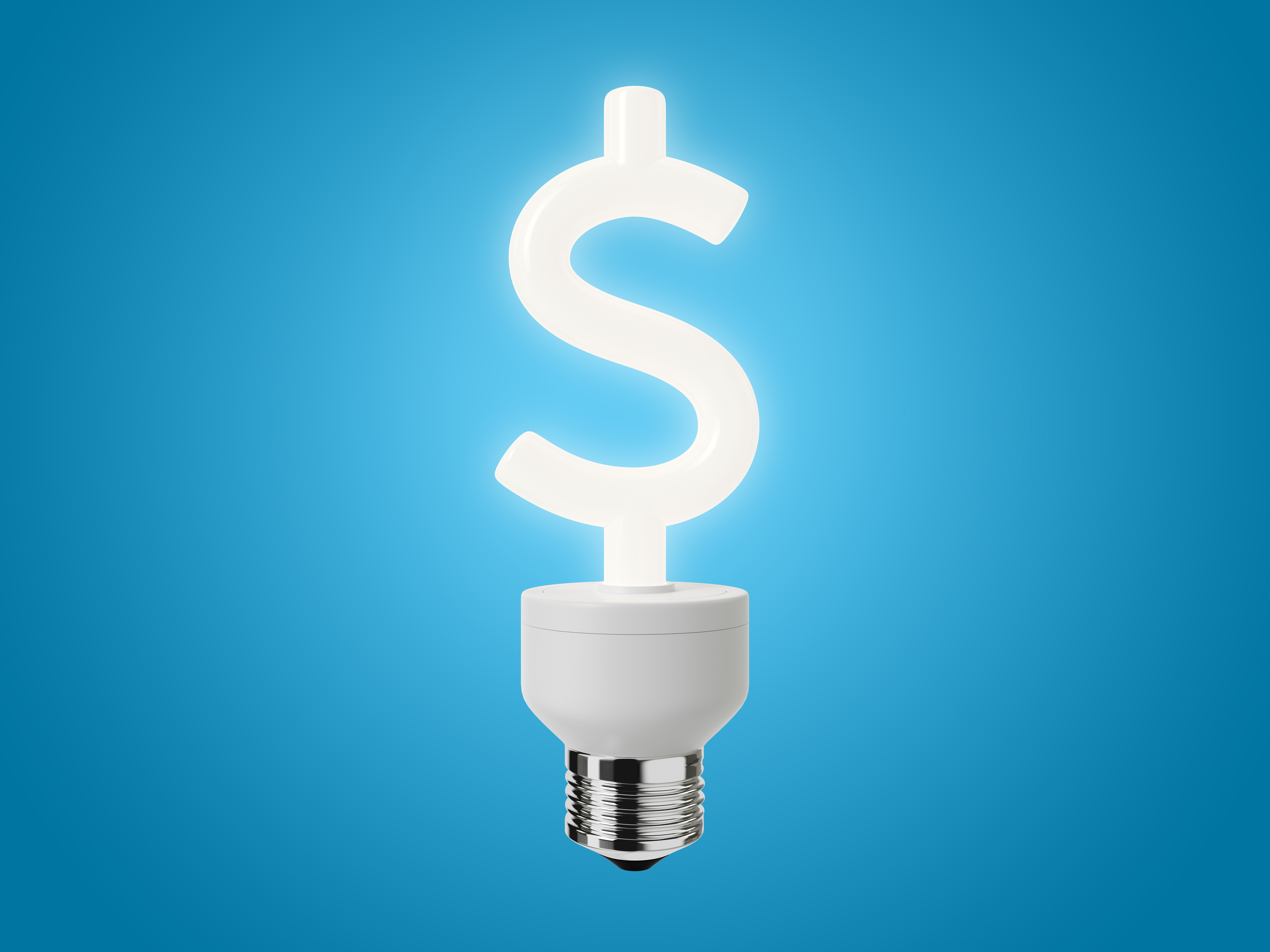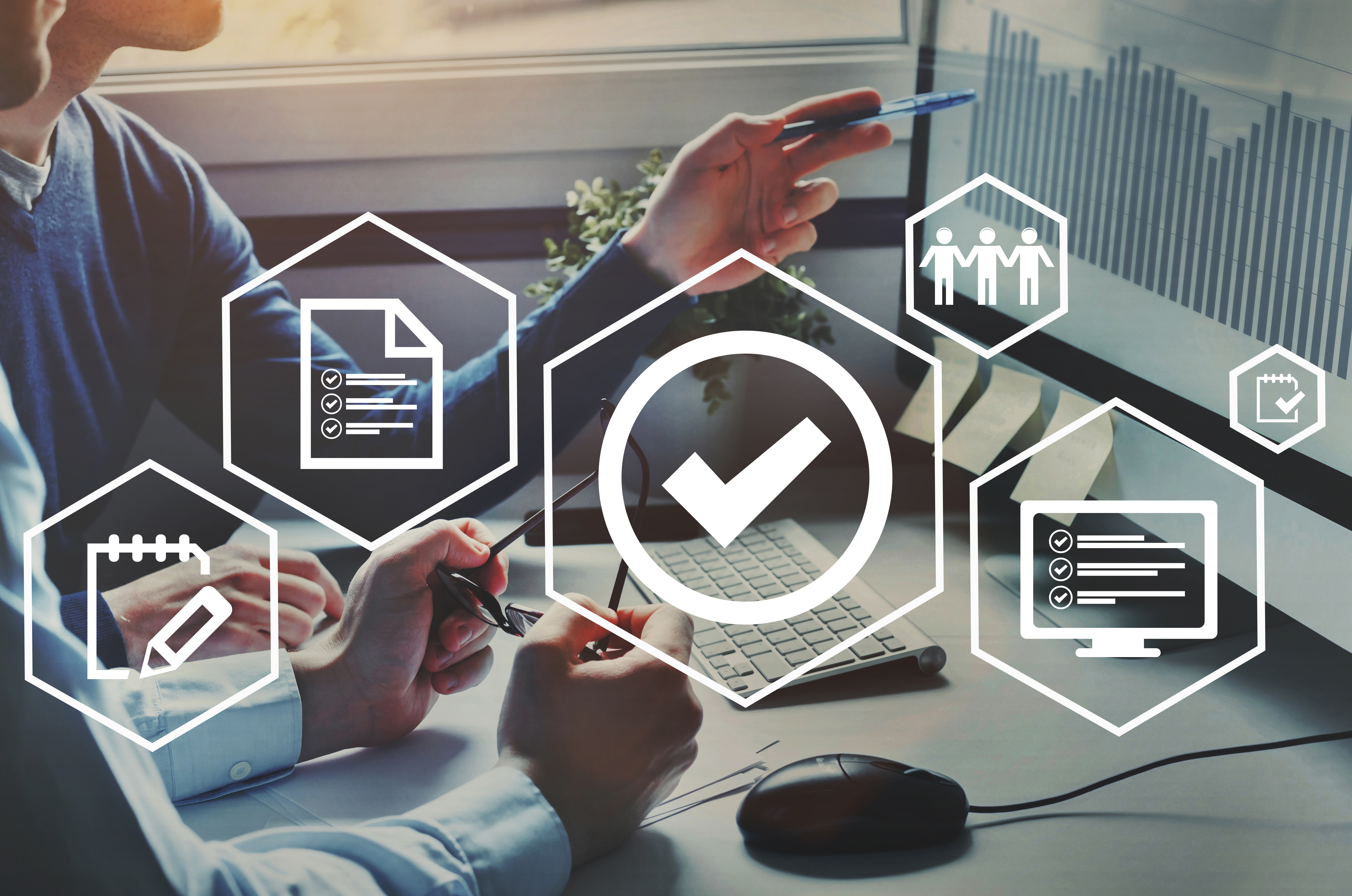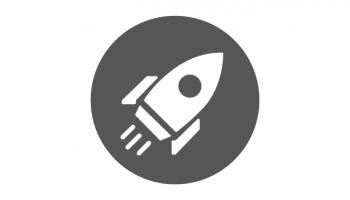Scaling Up Pilot Production of Nanoporous Membranes for Battery Storage Technologies
This project’s intent is to scale-up production of an advance battery membrane platform for market facilitation of safe, low-cost, and energy-dense batteries. The advancement to pilot low rate initial production will establish multiple market
Sepion Technologies, Inc.
Recipient
Recipient Location
9th
Senate District
15th
Assembly District
$2,595,391
Amount Spent
Completed
Project Status
$2,675,793
Award Amount
$2,489,417
Co-funded Amount
EPC-18-017
Agreement Number
-
Project Term
Emeryville, CA
Site Location(s)
Copy Project Link
Follow Project
Project Result
In 2021, the team closed an oversubscribed Series A, increased in-house pouch cell fabrication throughput 5-fold, and increased cell capacity by 75-fold with a prototyping partner. In addition, the team grew the coating team, hired a VP of Operations, and increased membrane coating throughput 2-fold.
In 2022, the team added a VP of Business Development to lead their strategic customer and partner engagements, while also improving their cell performance by another 250% to further validate its long-life, low-cost and fast-charge value proposition under EV-relevant testing.
In 2023, the team built out and moved in to its new prototyping facility, which is expected to enable a 100X increase in their polymer synthesis capability, 1000X increase in separator coating capacity, and an ability to make up to 10Ah Li-Metal battery cells in-house. The team continues to fulfill sample requests from major automotive OEMs, battery makers, and raw material suppliers worldwide.
In 2024, Sepion completed the project and submitted the Final Report. During the course of this program, Sepion scaled up production of the polymer coating material by 100 times, to one kilogram batches, producing enough polymer material in each batch to supply one long-range battery-electric vehicle. Further, Sepion scaled its laboratory-scale battery separator from small-batch to continuous production. The technical validation of the Sepion coating along with its demonstration of ramped-up production capabilities enabled $16 million in new private investment and facilitated sampling with a wide range of automotive customers and battery suppliers.
View Final ReportThe Issue
Batteries charged with clean renewable energy are poised to be the 21st century's zero-carbon solution to fossil fuel combustion, powering everything from electric vehicles to the electric grid. In order to remove barriers to large-scale adoption and meet the expected increased demand for EVs, battery life, range, and cost must be optimized. Current lithium batteries suffer from degradation over extended use periods, vulnerabilities to thermal runaway, and a dependence on rare-earth metals, such as cobalt, sourced from conflict ridden areas of the planet.
Project Innovation
The purpose of this project is to scale up the production of an advanced battery membrane platform for market facilitation of safe, low-cost, and energy-dense batteries. The proposed approach is to establish optimal processes for each key component of the innovative membrane (polymer, polymer ink, and roll-to-roll coating) to generate quality assurance and quality control metrics that will lead to an in-house low rate initial production of the membrane for batteries. The intent is to establish a steady commercialized platform technology that will create multiple market opportunities in a variety of battery chemistries. The innovative membrane, in addition to improving the cycle life of batteries, enables more energy to be extracted from the same cathodes used under previously abusive conditions; operation at elevated temperatures; and the use of more abundant materials such as manganese instead of cobalt.
Project Goals
Project Benefits
The nanoporous membrane platform opens paths to safely increase Li-metal battery energy density by 40%, dropping the cost below $100/kWh while developing manufacturing capabilities for advanced battery components in California. This technology can be integrated with existing Li-metal battery manufacturing infrastructure to reduce barriers to market entry. Beyond Li-metal batteries, this platform membrane technology is already being leveraged to enable breakthroughs in Li-metal batteries for advanced electric vehicles with greater than 350 mile range and ultra-low-cost flow batteries for long-duration grid storage, multiplying the potential for impact.

Affordability
The innovative membrane resulting from this project will allow the elimination of cobalt (the largest cost factor) and the use of cheaper materials to reduce the cost of Li-ion batteries while also offering increased life and reliability.

Economic Development
This start-up company has been able to increase their company growth and hire 3 more skilled-labor employees since the start of the grant. The company is anticipating hiring 35 additional skilled-labor workers by the end.

Reliability
The resulting membrane will reduce lifetime costs, increase durability, and boost energy density of Li-ion batteries for EVs and grid storage.
Key Project Members

Peter Frischmann

Josh Croft
Subrecipients

Lawrence Berkeley National Laboratory

Ed Williams

Randy Chan

Spectrapower LLC

Match Partners

Argonne National Laboratory

Sepion Technologies, Inc.

CAMX Power

Washington Clean Energy Testbeds

Ambrosi Donahue Congdon Certified Public Accountant




